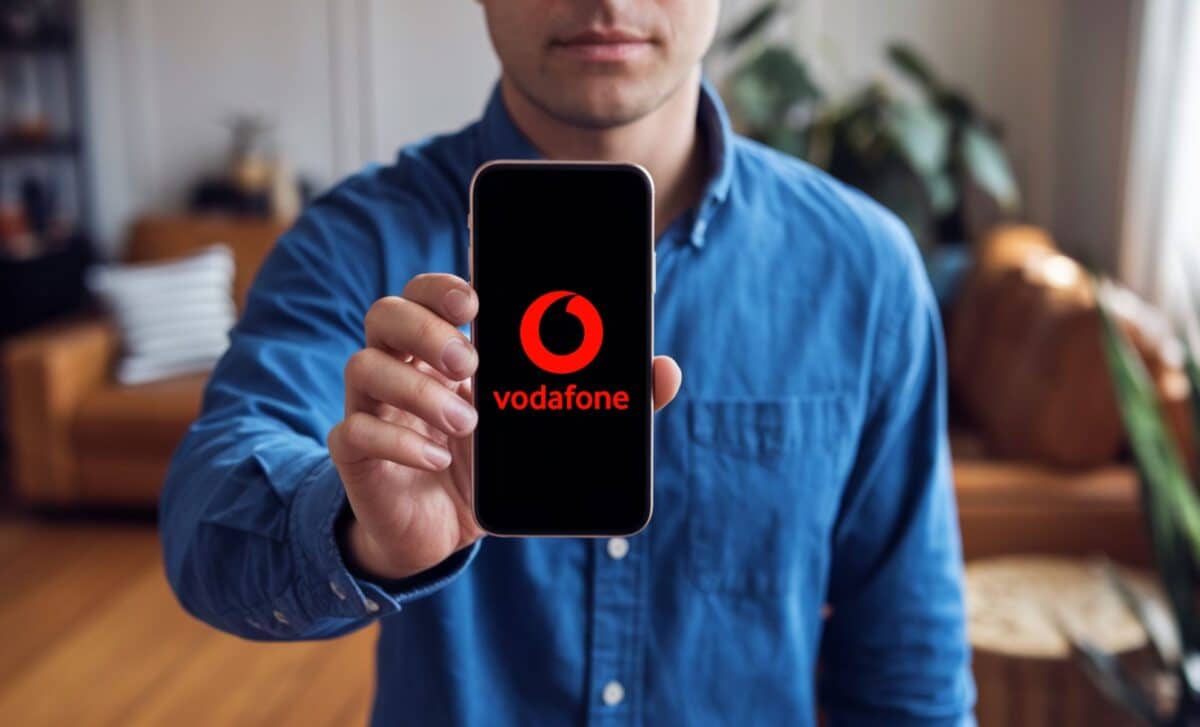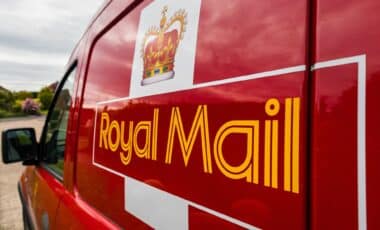Vodafone has made history by successfully making the first satellite-enabled video call in the UK from a lonely mountain in west Wales. This is a significant step toward the integration of satellite technology into mobile networks, which has the potential to revolutionize connection in remote and rural areas.
The accomplishment raises questions about the environmental effects and regulatory issues brought on by the increasing number of satellites in orbit, even while it promises to address long-standing “not spots“—areas without a standard mobile signal.
In addition to highlighting an important technological milestone, the event sparks a larger discussion regarding satellite communications’ future. Understanding the possible advantages and related difficulties is essential as Vodafone moves forward with plans to roll out satellite coverage throughout the UK by the end of 2023 and throughout Europe by 2026.
A New Era in Mobile Connectivity
A Vodafone engineer in a remote part of Ceredigion made the historic video conversation with Margherita Della Valle, the CEO of the firm. The exercise showed how satellite technology can be used to deliver mobile services in places where traditional network infrastructure is impractical or traditionally underserved.
Smartphones may now send text messages in emergency situations when terrestrial networks are unavailable thanks to satellite connectivity, which has been available for a while. The new service, offering voice calls, video calls, and full internet access, promises to go farther. This capability boost is the result of a collaboration with AST SpaceMobile, a business developing a comparatively modest satellite constellation with the goal of offering worldwide coverage.
For users, the advantage is clear: satellite connectivity could bridge the gap in mobile services for the many people in remote areas of the UK. No extra equipment would be needed for users, as smartphones will seamlessly connect to the satellites, much like they do with terrestrial mobile towers.
The Environmental and Regulatory Dilemmas
While satellite-based mobile services offer a major breakthrough, they are not without complications. The growing number of satellites in low Earth orbit, necessary to ensure reliable connectivity, has raised concerns among the astronomy community. These satellites are becoming a source of “light pollution,” leaving streaks in astronomical images and interfering with infrared and radio signals, which are essential for studying space.
Astrophysicist Dr. Megan Argo has highlighted the challenge this poses for spotting hazardous asteroids. The increased presence of satellites makes it progressively harder to monitor space for objects that could pose a threat to Earth.
Tim Peak, a former astronaut who participated in the satellite video call, acknowledged these concerns but maintained that space has ample room for more satellites. He emphasized the need for regulation to ensure space is used responsibly and that its environment is protected for future generations.
The UK communications regulator, Ofcom, is expected to consult on satellite regulation in early 2025, addressing how to manage the growing presence of satellites while balancing the needs of both telecommunications and scientific research.









